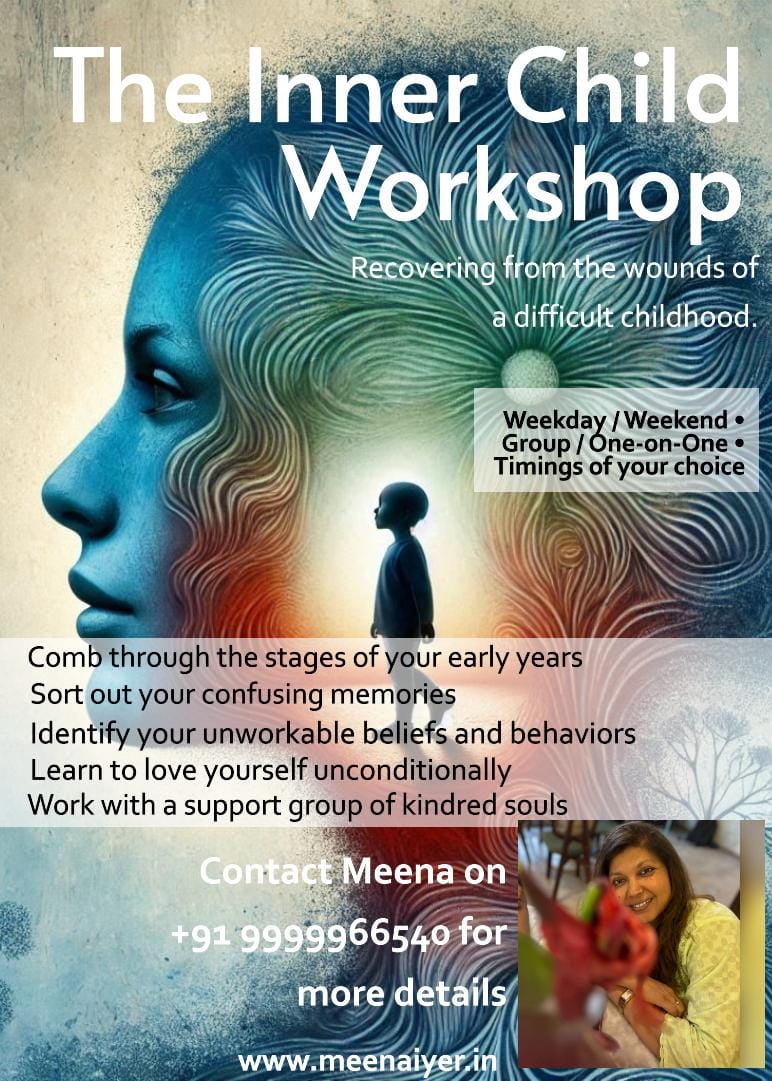Silencing the Inner Critic: How Inner Child Healing Can Shift Your Self-Talk
Your inner critic is the voice in your head that tells you you’re not good enough, that you’ll fail, or that you’re unworthy of love and success. This voice often develops in childhood, shaped by the words and actions of caregivers, teachers, and other influential figures. If you were frequently criticized, compared to others, or made to feel inadequate, you may have internalized these messages. But the good news is that you can reframe this negative self-talk and nurture a more compassionate inner dialogue through inner child healing.
Understanding the Origin of the Inner Critic
The inner critic is often formed in response to childhood experiences. If you grew up in an environment where you were constantly corrected, judged, or pressured to be perfect, your subconscious may have developed a critical inner voice as a way to protect you. This voice might have helped you avoid punishment or gain approval, but as an adult, it no longer serves you—it only holds you back.
Recognizing Your Inner Child’s Hurt
To shift your self-talk, you must first recognize that your inner critic stems from past wounds. Think back to moments in childhood when you felt unworthy, ashamed, or not good enough. These experiences created deep-seated beliefs that still influence you today. By acknowledging these wounds, you open the door to healing.
Reparenting Yourself with Kindness
One of the most effective ways to silence the inner critic is through reparenting—giving yourself the love, encouragement, and validation you may not have received as a child. Speak to yourself the way a loving parent would speak to their child. Replace critical thoughts with gentle affirmations, such as:
- “I am enough just as I am.”
- “I am doing my best, and that is enough.”
- “I deserve kindness and compassion.”
Practicing Self-Compassion Daily
Healing your inner child is an ongoing journey, and practicing self-compassion daily is key. When you catch yourself engaging in negative self-talk, pause and ask: Would I say this to a child? If not, reframe it into a more supportive statement. Small changes in the way you speak to yourself can create lasting transformation.
Final Thoughts
Your inner critic is not your enemy—it’s a voice that developed from past pain. But now, you have the power to rewrite the narrative. By healing your inner child, offering yourself kindness, and practicing self-compassion, you can shift your self-talk from criticism to encouragement, fostering a more confident and loving relationship with yourself.
Meena Iyer
Psychologist, NLP Master Practitioner, Inner Child Healer, Sobriety Coach, Breathwork Facilitator.
https://www.meenaiyer.in/

Leave a Reply